If deciding who’s going to do the washing up after a meal tends to lead to war in your household, getting a dishwasher is an obvious solution. Even if you don’t really mind doing the dishes, though, a dishwasher will come in handy. To prevent it from becoming a very expensive white elephant, you just need to learn how to make the most of it. For starters, find out what you can use it for other than simply the dishes. Here are twelve surprising things you can wash in your dishwasher – and three things you can’t.
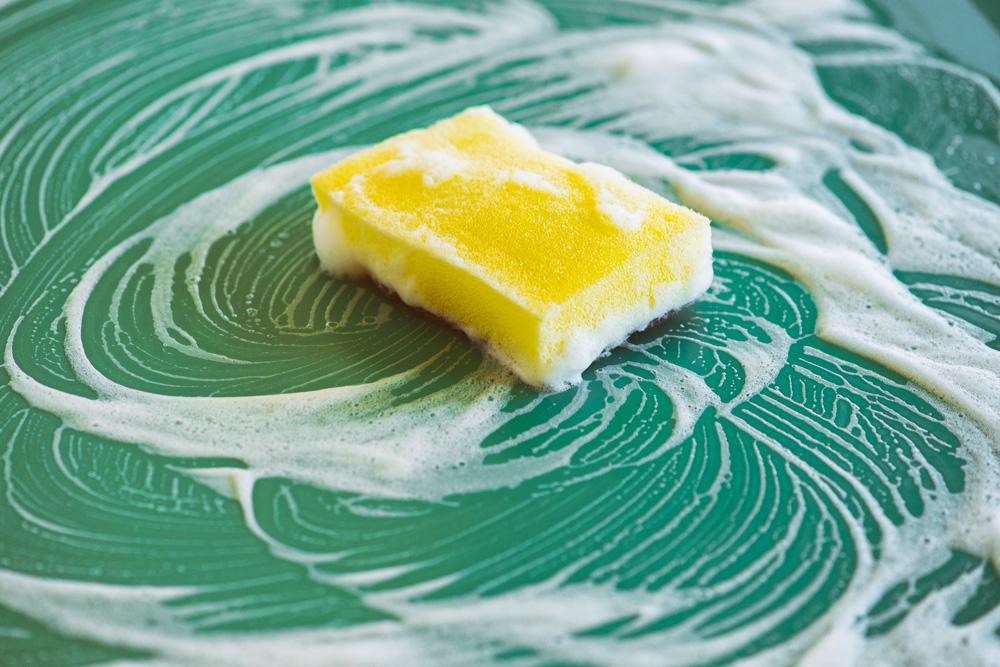
Kitchen Sponges and Brushes
Kitchen sponges are useful when you need to clean a dishwasher but you can make the relationship between sponge and dishwasher a tit-for-tat one. Kitchen sponges and even reusable towels like the ones made of bamboo can go in the top rack while you place brushes for cleaning in the utensil holder. Just make sure that the brushes aren’t made of wood or have natural bristles.
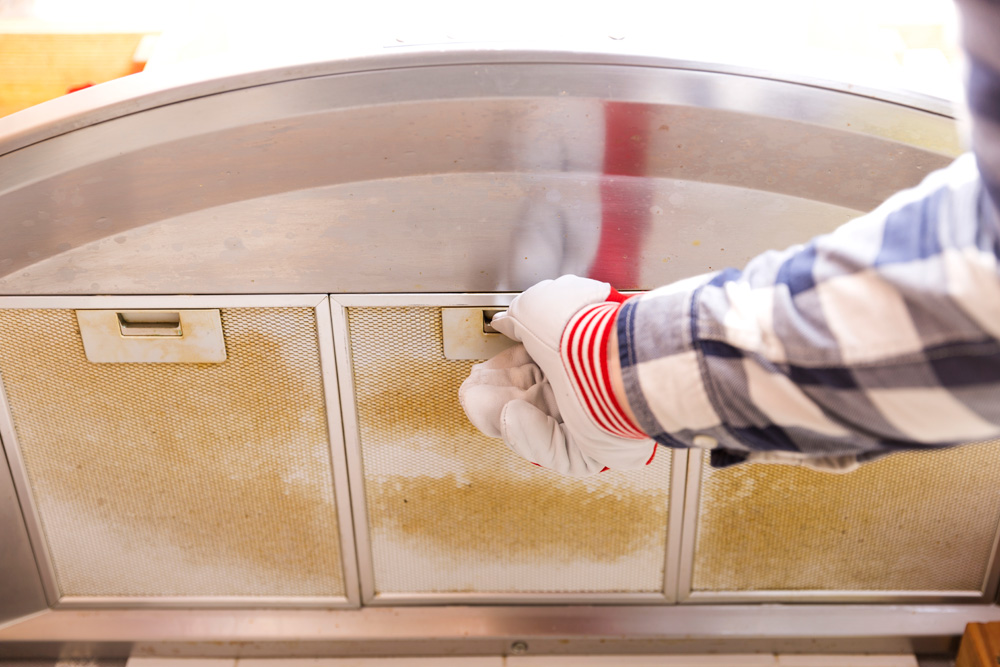
Exhaust Fan Filters and Covers
Every six months or so, you need to thoroughly clean all the exhaust fan filters and covers in your home to get rid of grease and grime and improve the system’s efficiency. You can save yourself a lot of time and effort if you simply pop them in the dishwasher.
Related: 15 Range Hood Design Ideas That are Anything but Eyesores
Silicone Oven Mitts
You decided that your old oven mitts were things to toss from your kitchen and you replaced them with silicone oven mitts instead. How do you wash these when they get covered in grease and food residue? You place them on the top rack and let the dishwasher clean them for you.
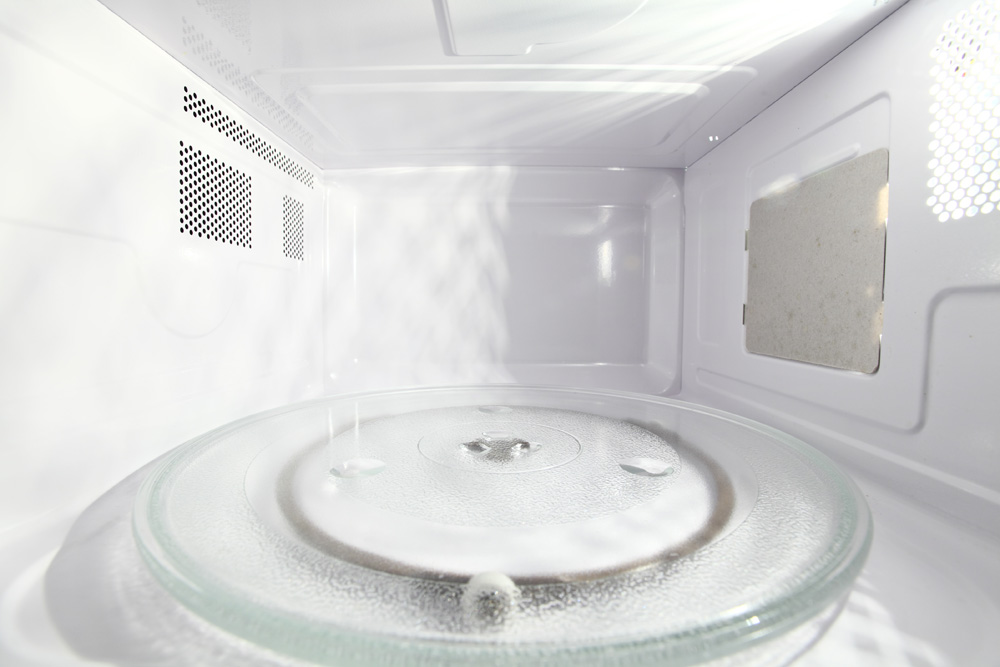
Microwave Turntable
Want to clean your microwave in minutes? It varies by manufacturer but in general, you can place your microwave turntable on the bottom rack and run it through the dishwasher instead of scrubbing it.
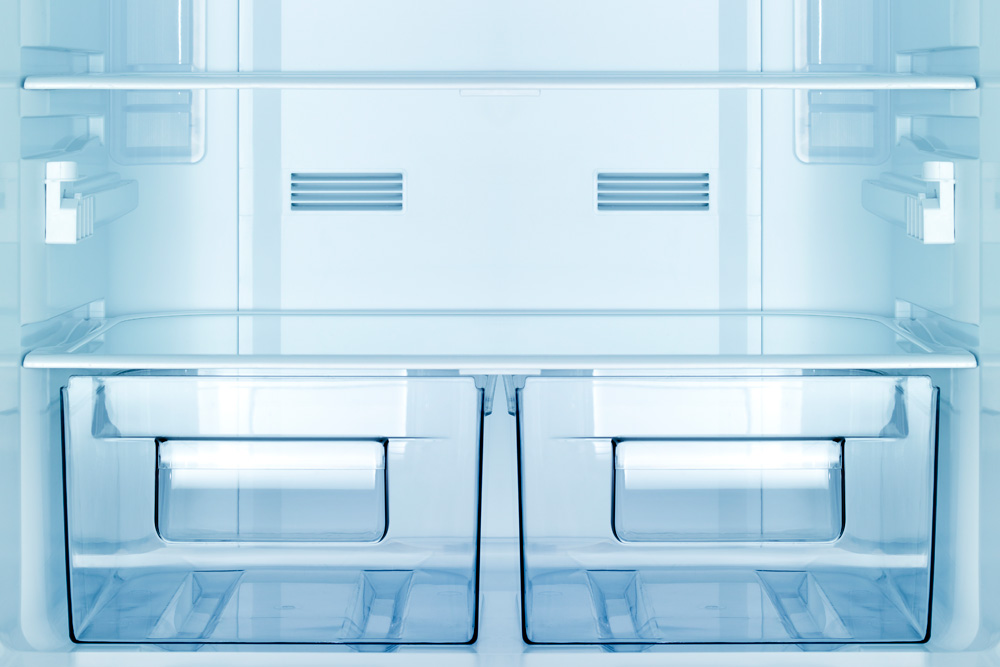
Refrigerator Shelves and Drawers
When you clean out the fridge, there’s no reason why you should embark on the battle of trying to fit the shelves and drawers in the sink to wash them. You only need to take out the top shelf of your dishwasher to create space and put the fridge shelves and drawers through a regular (not too hot) wash cycle.
Related: Kitchen Appliances 101: Where to Splurge and Where to Save
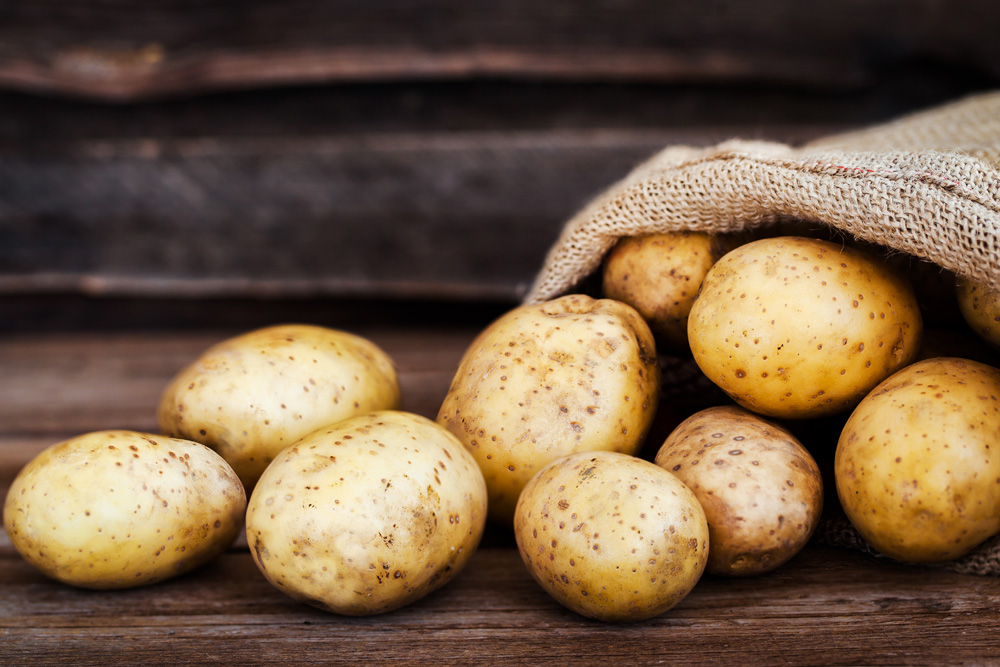
Potatoes
If you have to wash a whole lot of potatoes, you can save yourself the elbow grease by placing them in a single layer in the top rack of your dishwasher and running them through a rinse cycle. Just make sure first that there’s no detergent or rinse agent in the dispensers or you might end up with soapy poutine.
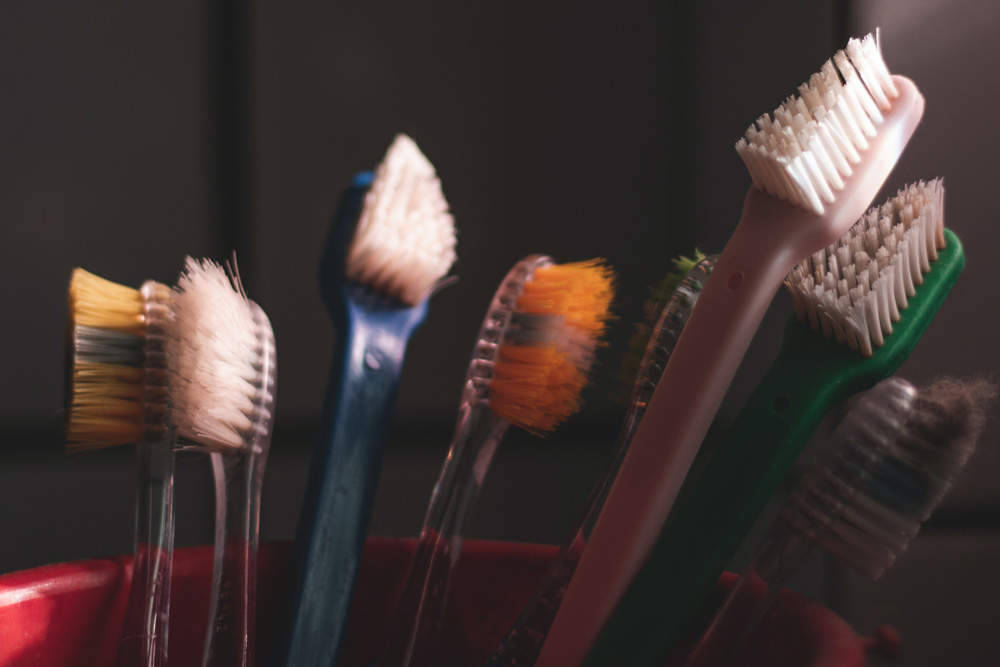
Toothbrushes and Toothbrush Holders
Your dishwasher can come in very handy when you’re trying to disinfect every surface in your house. For example, the heat from a regular cycle will get rid of the bacteria that collect on toothbrushes and in toothbrush holders.
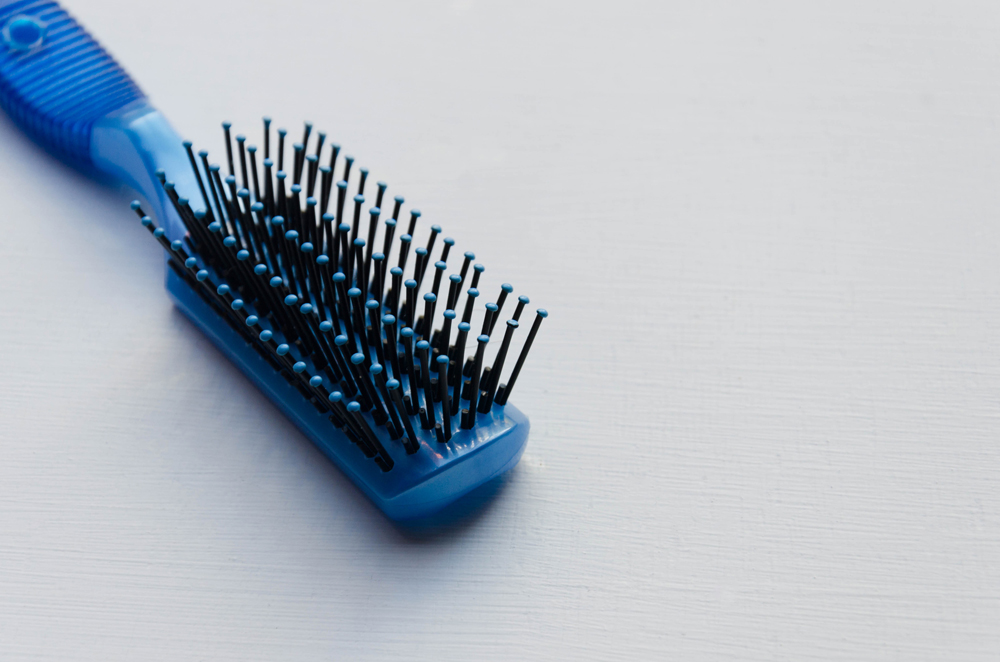
Hairbrushes and Combs
The dishwasher is an easy way to get rid of grime in hairbrushes, as long as the brushes aren’t made of wood and/or natural bristles. First remove the hair still stuck in the brush – use a wide-tooth comb for this – and then place both the brush and the comb in the utensil holder.
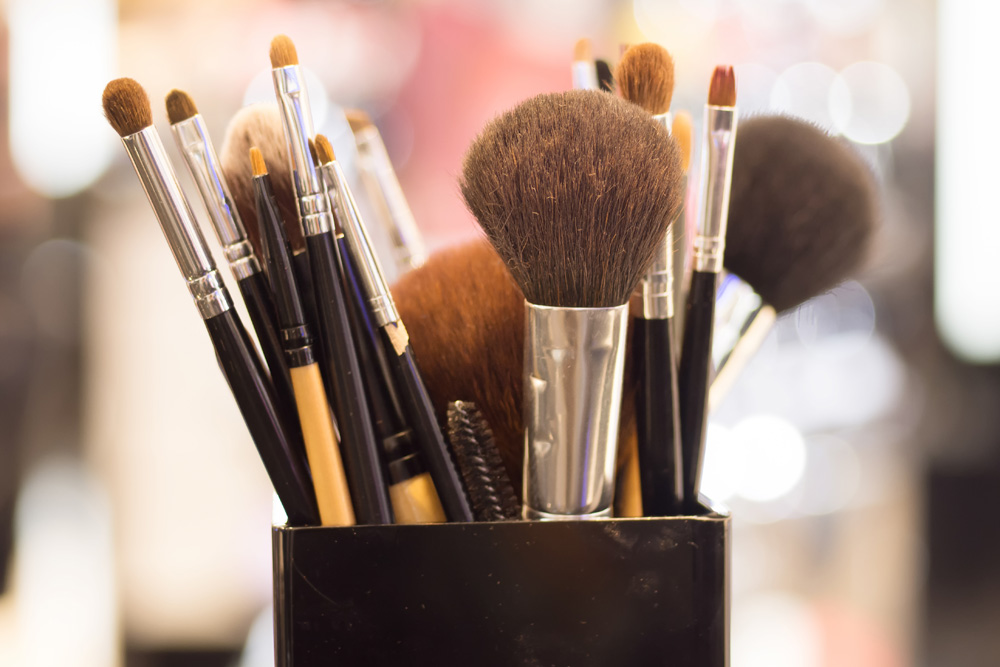
Makeup Brushes
Running your makeup brushes through the dishwasher not only cleans them but also helps to get rid of bacteria that can cause breakouts and skin infections. Be sure that you use a low setting so that the heat won’t melt the glue that holds the brushes together. Unfortunately, if your makeup brushes are made of wood and/or have natural bristles, you’ll need to stick to hand-washing them.
Related: Sick of Sanitizing? Here’s How to Make Your House Stay Clean for Longer
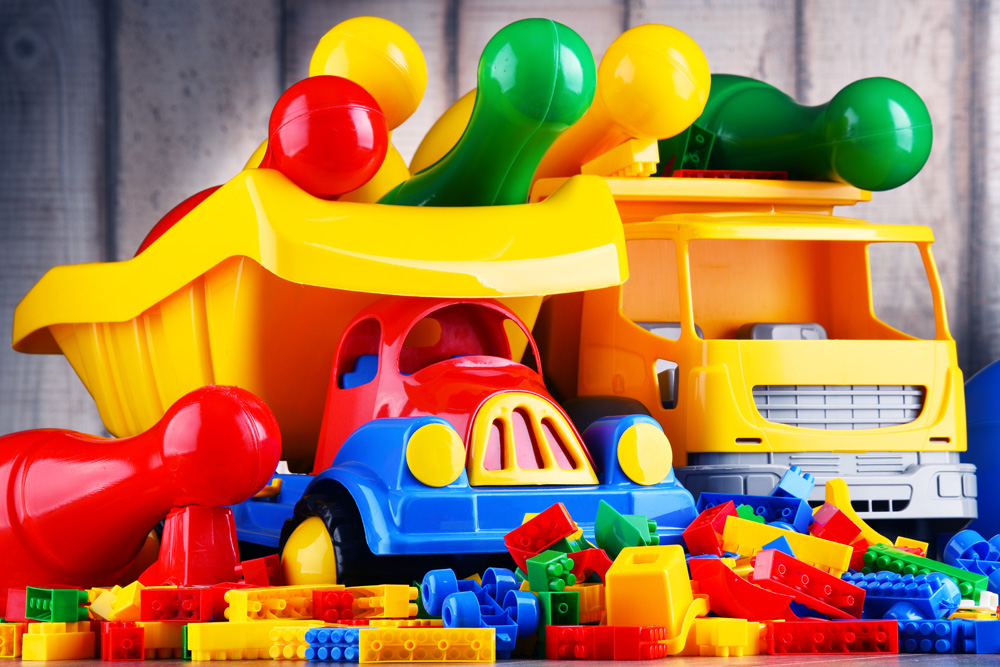
Plastic Toys
If you want to make your home safer for kids and pets, you need to regularly clean their toys, especially if said toys tend to end up in little mouths where they get covered in slobber. Most plastic toys are dishwasher safe as long as they’re not battery operated. Place small toys or toy parts in a mesh bag first. Then run a light-wash cycle, avoiding settings with too much heat that can melt toys.
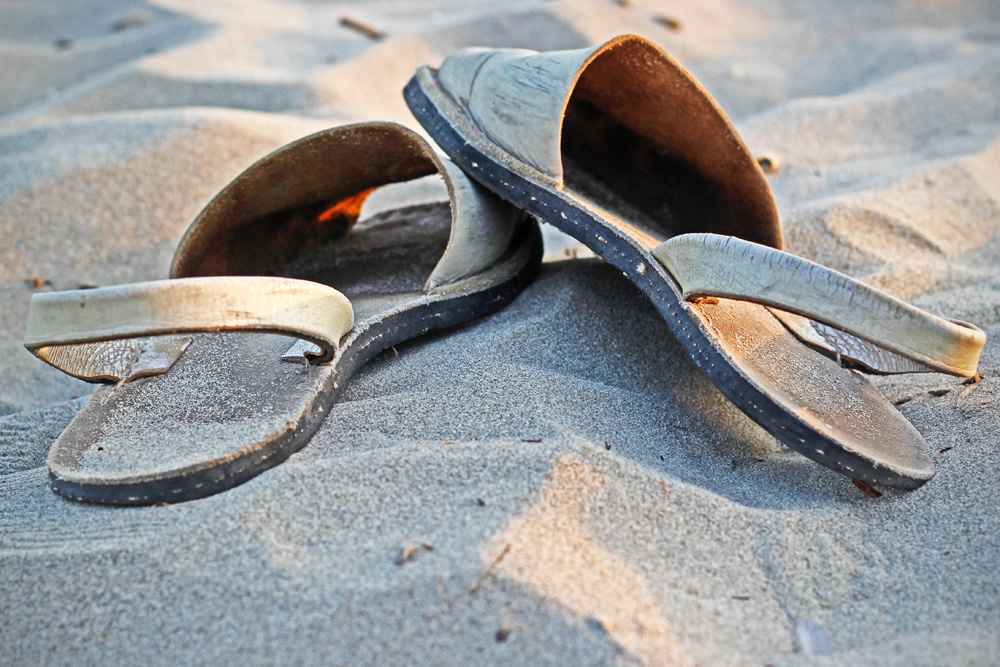
Flip-flops and Rubber Boots
Flip-flops – which tend to be made of plastic and/or rubber – and rubber boots can look shiny and new after a cycle in the dishwasher. First wipe or rinse off the worst of the mud and dirt. Then place flip-flops on the top shelf and place rubber boots upside-down on the bottom shelf before running them through a cycle.
Related: Sarah Baeumler’s Five Minutes to Clean: Mastering the Mudroom
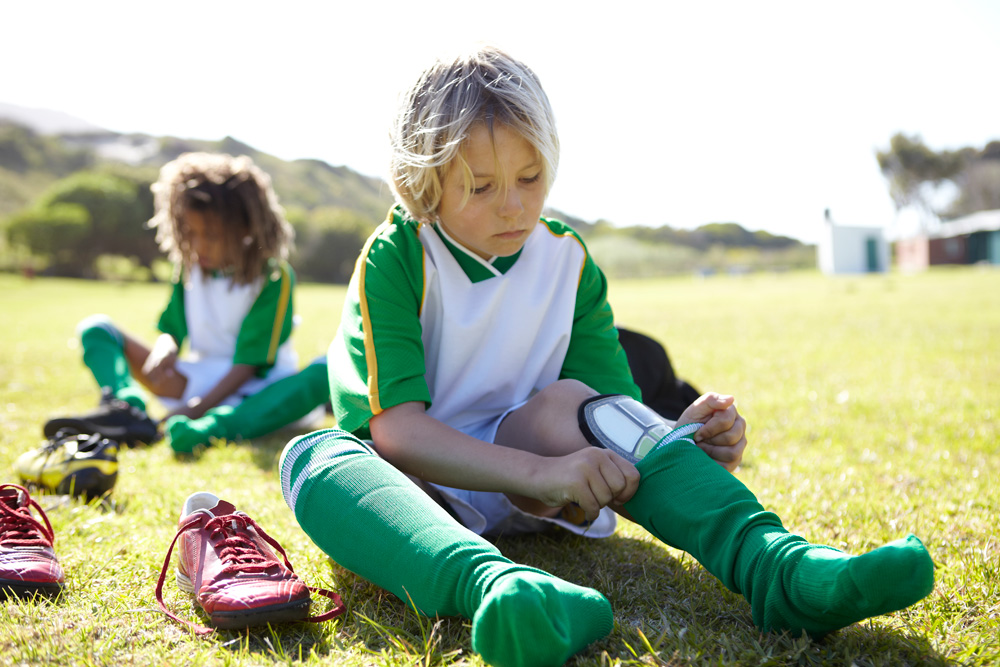
Mouth and Shin Guards
After the game, mouth and shin guards are nasty. A round through the dishwasher will make them less so and will also help sanitize them. Place mouth guards in the utensil holder or in a mesh bag for safety.
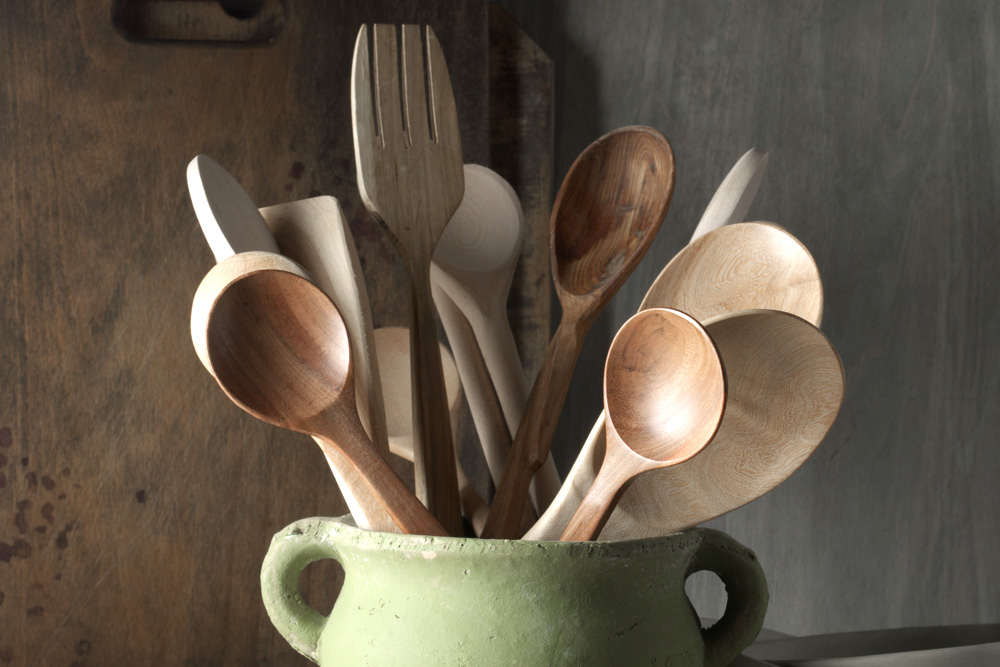
Dishwasher Don’t: Anything Wooden
Wooden utensils, cutting boards and brushes contain natural oils. Harsh dishwasher detergents strip these oils, so that the wood dries out and cracks. It’s best to hand-wash wooden items in warm water with a mild detergent, without soaking them.
Related: 10 Ways to Use Reclaimed Wood in Your Kitchen Design
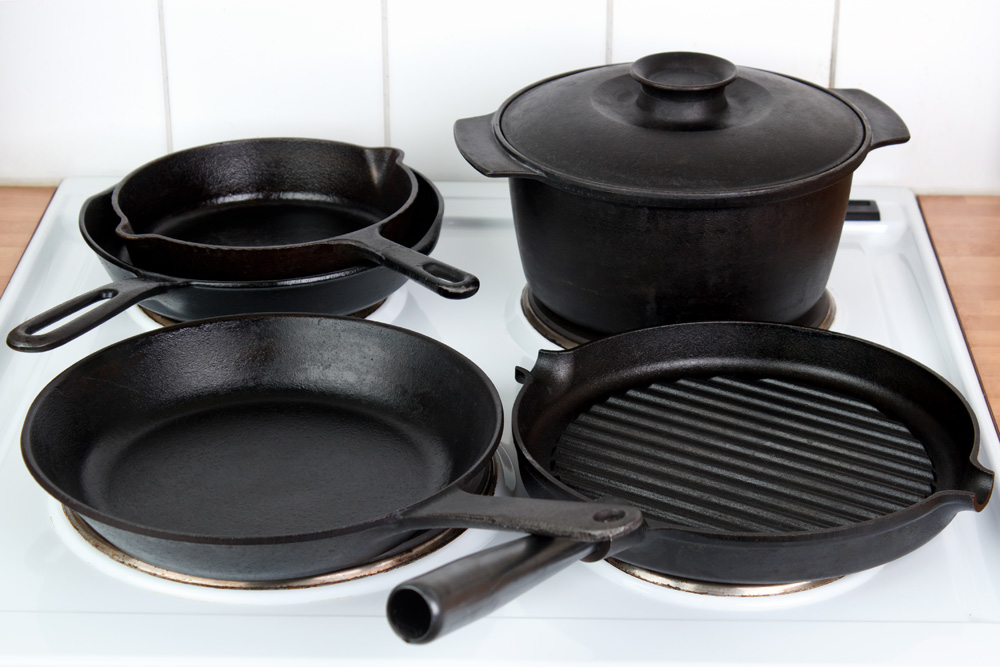
Dishwasher Don’t: Cast-iron Cookware
Cast-iron cookware last so long that they can be passed down from one generation to the next. The secret to why they’re such a dream to cook with is that they’re seasoned with oil. Dishwasher detergents are harsh, though, and can strip that oil, making the cookware susceptible to rust and causing food to stick to it more easily.
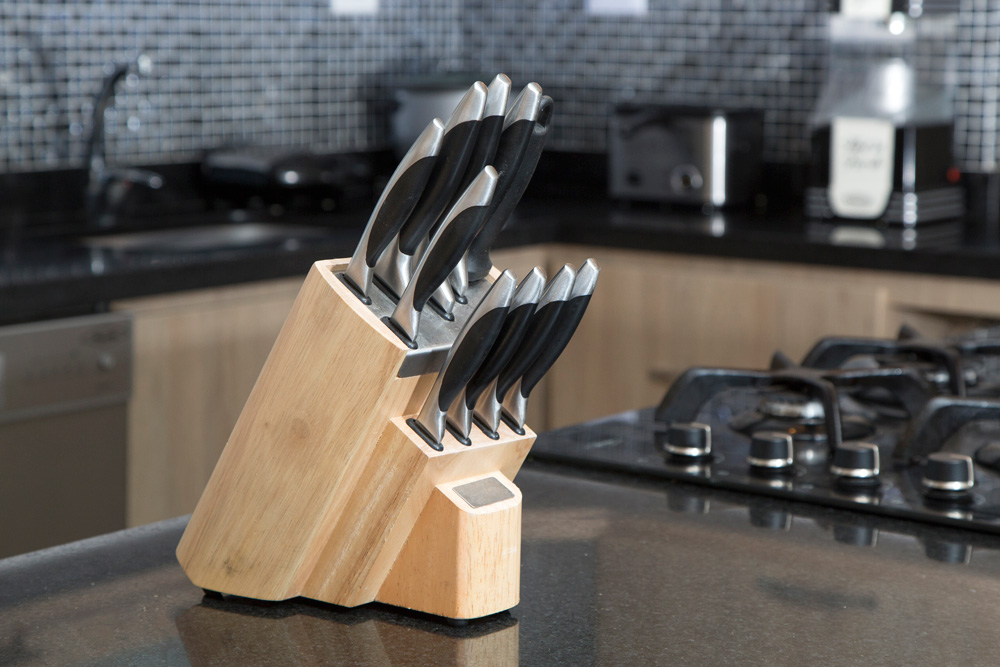
Dishwasher Don’t: Kitchen Knives
There are three reasons why you should never put sharp kitchen knives in the dishwasher but should wash them in the sink instead. The first is that you can cut yourself as you’re unloading the dishwasher. The second is that the knives can nick the protective coating in the dishwasher and make the machine more vulnerable to rust. The third – which is the most important if you’re serious about cooking – is that dishwasher detergent can dull the blades.
Related: Standout Kitchen Sinks That Will Make You Want to Rethink Your Counters
HGTV your inbox.
By clicking "SIGN UP” you agree to receive emails from HGTV and accept Corus' Terms of Use and Corus' Privacy Policy.





